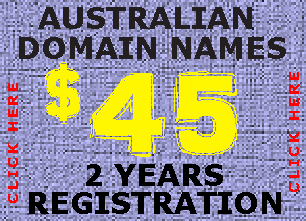Executive authority is vested in the Governor of New South Wales, who represents and is appointed by Queen Elizabeth II. The current Governor is Her Excellency Professor Marie Bashir. The Governor commissions as Premier the leader of the parliamentary political party that can command a simple majority of votes in the Legislative Assembly.
The Premier then recommends the appointment of other Members of the two Houses to the Ministry, under the principle of responsible or Westminster government. It should be noted, however, that as in other Westminster systems, there is no constitutional requirement in NSW for the Government to be formed from the Parliament—merely convention. The Premier is Barry O’Farrell of the Liberal Party.
The form of the Government of New South Wales is prescribed in its Constitution, which dates from 1856, although it has been amended many times since then. Since 1901 New South Wales has been a state of the Commonwealth of Australia, and the Australian Constitution regulates its relationship with the Commonwealth.
Under the Australian Constitution, New South Wales ceded certain legislative and judicial powers to the Commonwealth, but retained independence in all other areas. The New South Wales Constitution says: “The Legislature shall, subject to the provisions of the Commonwealth of Australia Constitution Act, have power to make laws for the peace, welfare, and good government of New South Wales in all cases whatsoever.”
The State Parliament is composed of the Sovereign and two houses: the Legislative Assembly (lower house), and the Legislative Council (upper house). Elections are held every four years on the fourth Saturday of March, the most recent being on 26 March 2011. At each election one member is elected to the Legislative Assembly from each of 93 electoral districts and half of the 42 members of the Legislative Council are elected by a statewide electorate.
Content from this page is drawn from Here.

